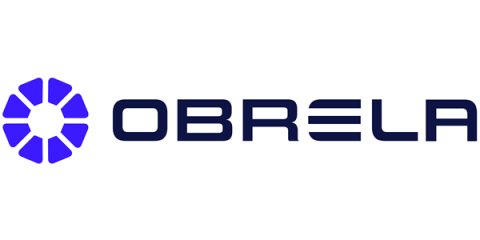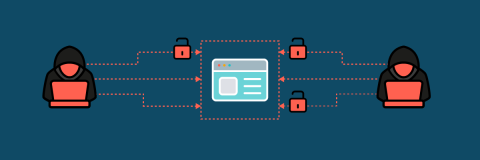Apache Superset - Database Data Retrieval Through Improper Error Handling
Anastasios Stasinopoulos from OBRELA LABS Team discovered a security flaw that affects Apache Superset (before 3.0.4, from 3.1.0 before 3.1.1), an open-source modern data exploration and visualization platform. Apache Superset error handling can be manipulated in order to allow data retrieval from the backend database.











